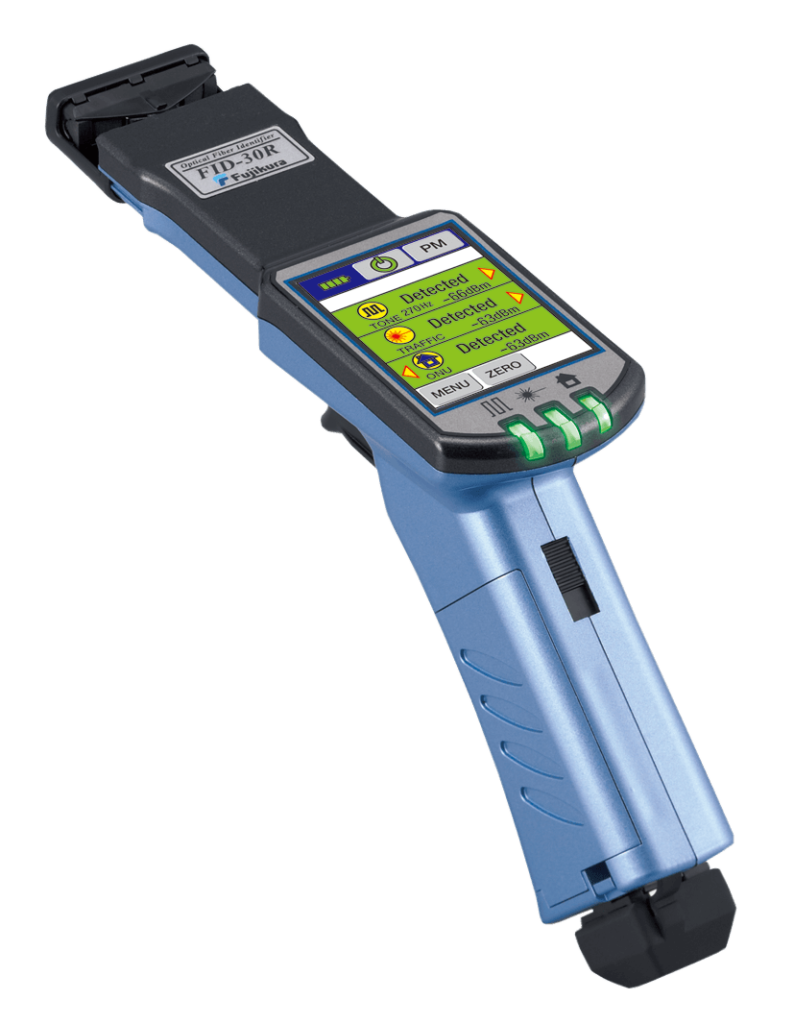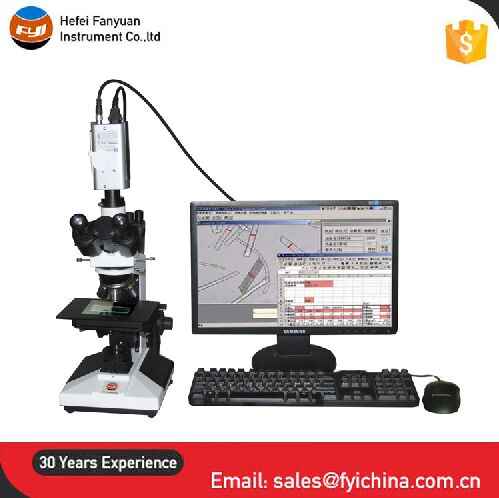Streamlining Optical Fibre Production with the Advanced Optical Fibre Diameter Analyser
Streamlining Optical Fibre Production with the Advanced Optical Fibre Diameter Analyser
Blog Article
The Duty of an Optical Fibre Diameter Analyser beforehand Telecommunications Innovation
The value of optical Fibre Diameter analysers in telecoms can not be overstated, as they play a vital role in making sure the precision necessary for optimal signal transmission. Using sophisticated laser methods, these instruments assist in rigid top quality control by precisely gauging Fibre sizes, consequently alleviating concerns such as depletion and modal dispersion. As the telecommunications landscape moves towards higher data needs and the execution of 5G modern technology, the effects of these dimensions prolong far beyond basic functionality. What challenges and innovations lie ahead in this swiftly evolving area deserve checking out additionally.
Relevance of Optical Fibre Dimension
In the realm of telecommunications, the exact measurement of optical Fibre Diameter is crucial for making certain ideal efficiency and dependability of communication networks. The Diameter of optical fibers directly influences their transmission attributes, including depletion, bandwidth, and signal honesty - optical fibre diameter analyser. Variations in Diameter can bring about enhanced losses and lowered efficiency, inevitably influencing the quality of solution supplied to end customers
Exact measurement is necessary for making standards and high quality control in Fibre production. By adhering to exact Diameter specifications, producers can lessen inconsistencies that may develop throughout the drawing process, guaranteeing that fibers keep their intended performance qualities. Moreover, correct dimension is vital during setup and maintenance phases, as incorrectly sized fibers might not fit effectively within ports or rooms, resulting in prospective system failures.
Additionally, with the expanding need for higher data prices and even more robust communication systems, the importance of Fibre Diameter measurement becomes a lot more noticable. As networks develop to accommodate advanced modern technologies such as 5G and past, the need for exact dimension methods will be extremely important in maintaining the integrity and efficiency of these essential frameworks. Therefore, understanding the relevance of optical Fibre dimension is fundamental to the development of telecommunications innovation.
How Diameter Analyzers Work

Moreover, Diameter analyzers typically include software program algorithms that help with real-time data analysis, making sure that dimensions are both exact and repeatable. These algorithms can spot variations in Diameter, such as abnormalities or discrepancies from specified tolerances, which are vital for keeping the honesty of the Fibre throughout manufacturing and installment.
Additionally, many modern analyzers are developed to be easy to use, featuring user-friendly interfaces that enable operators to easily configure settings and interpret outcomes. The assimilation of innovative imaging modern technologies, such as high-speed electronic cameras, better boosts the analyzer's capability to provide detailed assessments of fibre top quality. Jointly, these attributes add to the trustworthy efficiency of optical fibres in telecommunications applications, ensuring optimum capability and durability.
Effect On Data Transmission
Exact dimension of optical Fibre diameters straight influences data transmission capacities, where also minute inconsistencies can lead to substantial efficiency issues. The uniformity in Diameter guarantees optimum signal honesty and reduces loss, which is essential for high-speed telecoms. Variations in Fibre Diameter can result in increased depletion, where the signal strength lessens over distance, leading to possible data loss or corruption.
In addition, Fibre Diameter influences the modal diffusion within multi-mode fibres, influencing the general bandwidth and information transmission rates. Irregular diameters can trigger light to scatter unexpectedly, resulting in reduced information throughput and enhanced latency. Therefore, preserving precise Diameter requirements is vital to achieving the preferred efficiency benchmarks in information transmission.
The function of an optical Fibre Diameter analyser ends up being noticeable as it gives the necessary top quality control to guarantee fibers satisfy strict market standards. By facilitating exact Diameter dimensions, these analysers help telecommunication companies deliver reliable, high-speed connections. As need for data transmission increases, the value of maintaining uniform optical Fibre diameters can not be overemphasized, as it directly correlates with the performance and efficiency of interaction networks.
Enhancing Fibre Optic High Quality
Making sure high-quality visit this site right here Fibre optics is vital for optimizing performance in telecoms. The optical Fibre Diameter analyser plays an essential role in this regard by supplying specific dimensions of Fibre sizes, which straight affect light transmission performance and signal honesty. Variants in Diameter can cause boosted depletion and modal diffusion, inevitably endangering information honesty and network dependability.
By making use of an optical Fibre Diameter analyser, producers can maintain stringent quality control throughout manufacturing. This makes certain that you can try here each Fibre meets the defined resistances essential for optimum efficiency. Real-time monitoring of Fibre measurements enables for immediate detection of incongruities, making it possible for rehabilitative actions to be taken swiftly. This aggressive strategy not only enhances the top quality of the person fibres but additionally contributes to the overall effectiveness of the telecoms infrastructure.

Future Fads in Telecommunications
The telecommunications sector's advancement is heavily influenced by emerging technologies and consumer demands, driving considerable innovations in network capacities. As we aim to the future, several key trends are positioned to improve the landscape. The rollout of 5G networks will enhance information transmission rates and reduce latency, helping with the expansion of IoT tools and wise city applications. This increased connectivity will call for robust optical Fibre facilities, making optical Fibre Diameter analysers vital for guaranteeing optimal efficiency.
In addition, the assimilation of expert system (AI) right into telecommunications will certainly simplify network monitoring, boost predictive maintenance, and enhance customer care via individualized experiences. AI-driven analytics will enable real-time monitoring of network problems, enabling positive feedbacks to issues before they influence users.
Additionally, the push in the direction of sustainability will certainly drive the fostering of greener modern technologies, with a focus on energy-efficient services and ecologically pleasant materials in Fibre manufacturing. optical fibre diameter analyser. As customers become much more environmentally mindful, telecoms firms will need to adapt
Conclusion

Optical Fibre Diameter analyzers play an essential function in making sure the precision of Fibre dimension by utilizing sophisticated innovations to examine the dimensions of fibres with high precision. The laser beam communicates with the Fibre, and sensors record the resulting light patterns, making it possible for the estimation of Fibre Diameter based on the intensity and angle of the shown light.
Furthermore, Fibre Diameter influences the modal diffusion within multi-mode fibres, affecting the overall bandwidth and information transmission prices.The function of an optical Fibre Diameter analyser this link comes to be evident as it supplies the required quality control to ensure fibers satisfy strict industry standards. The optical Fibre Diameter analyser plays a pivotal duty in this respect by offering precise dimensions of Fibre diameters, which straight influence light transmission efficiency and signal honesty.
Report this page